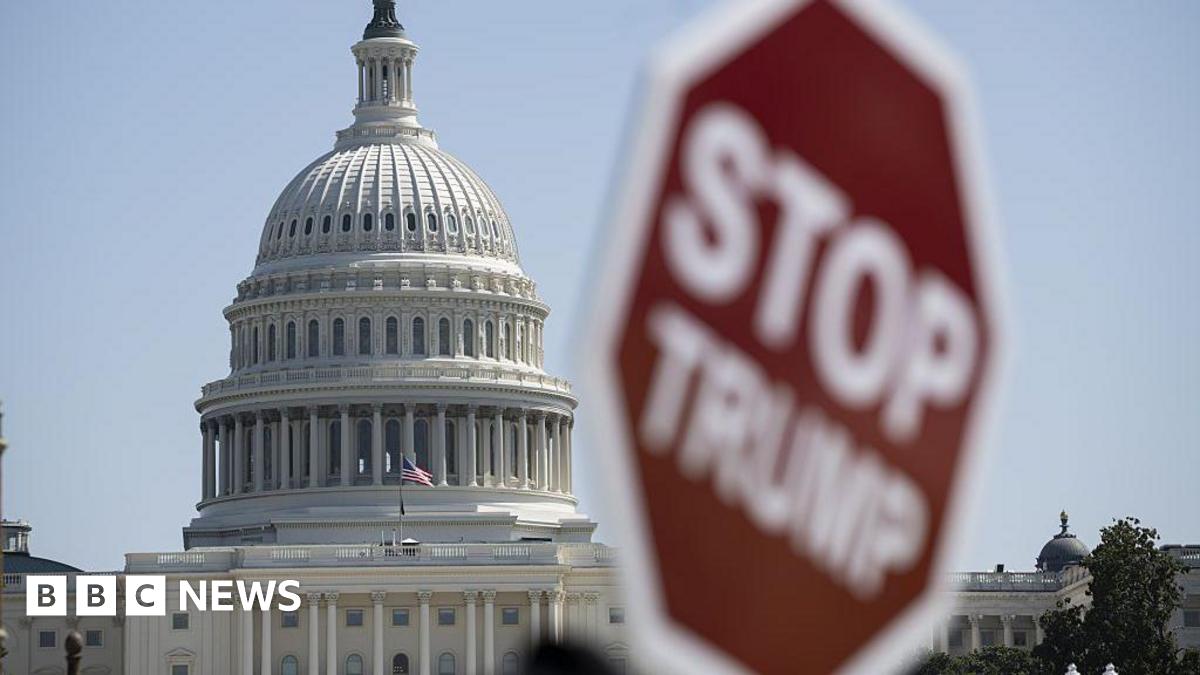Not all of government will shut down if Congress doesn’t pass a spending bill.
Border protection, in-hospital medical care, law enforcement and air-traffic control would be expected to continue to operate during the stoppage.
While social security and Medicare cheques would still be sent out, benefit verification and card issuance could stop.
Generally, in a shutdown, essential workers continue as normal – some of them without pay for the time being – but government employees deemed non-essential are temporarily put on unpaid leave. In the past, these workers have then been paid retrospectively.
That means that services like the food assistance programme, federally-funded pre-school, the issuing of student loans, food inspections, and operations at national parks are expected to be curtailed or closed.
There could also be travel delays if the stand-off drags on and unpaid workers stop showing up, and a prolonged shutdown could also have secondary impacts on the US economy.
